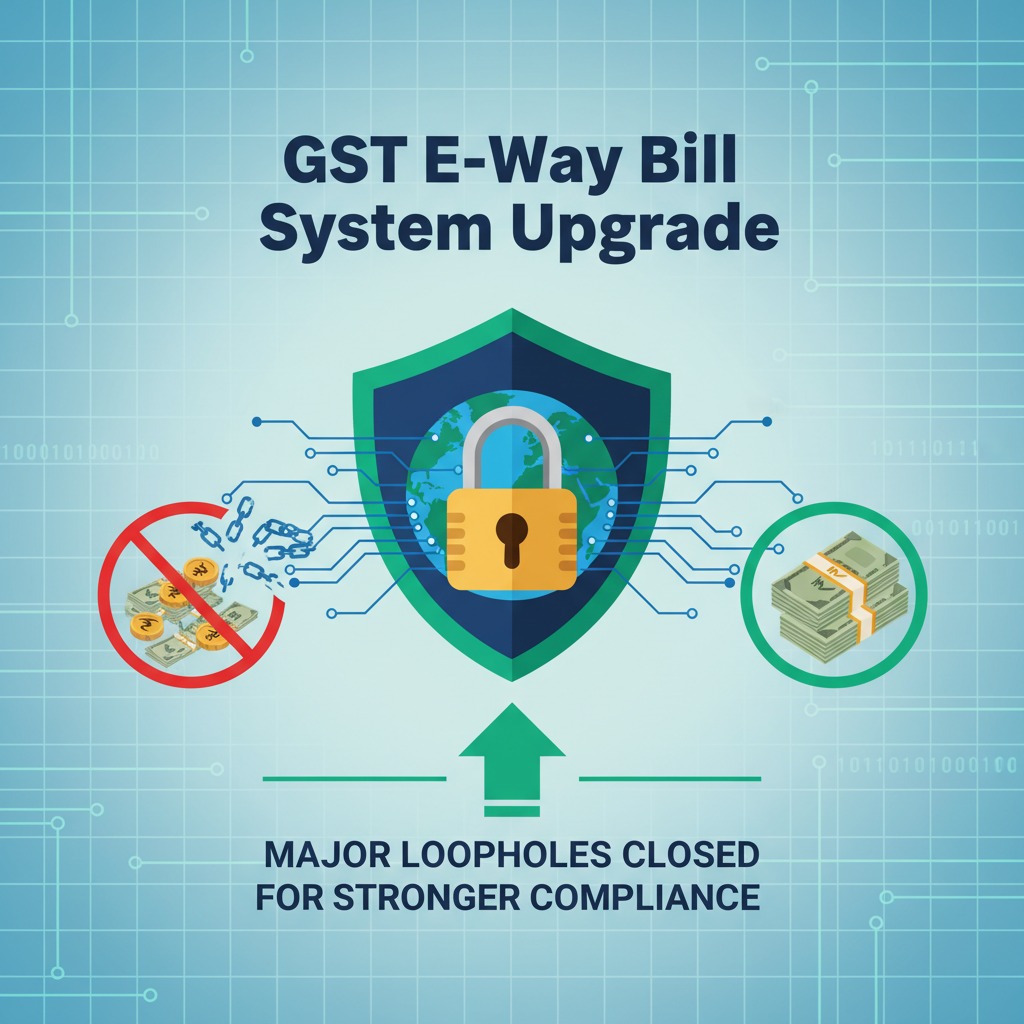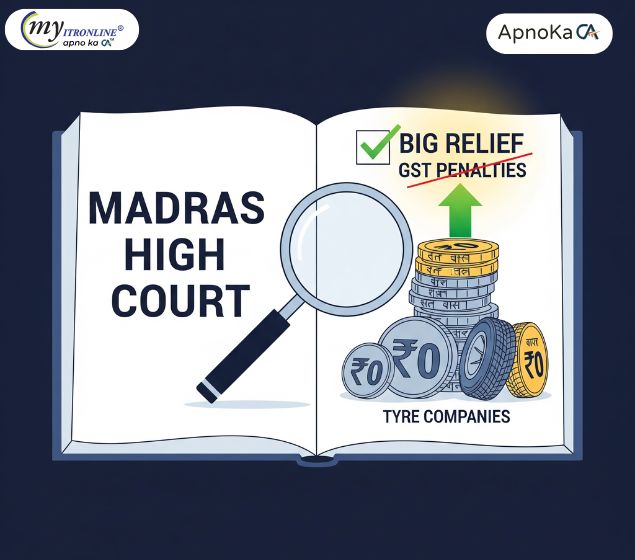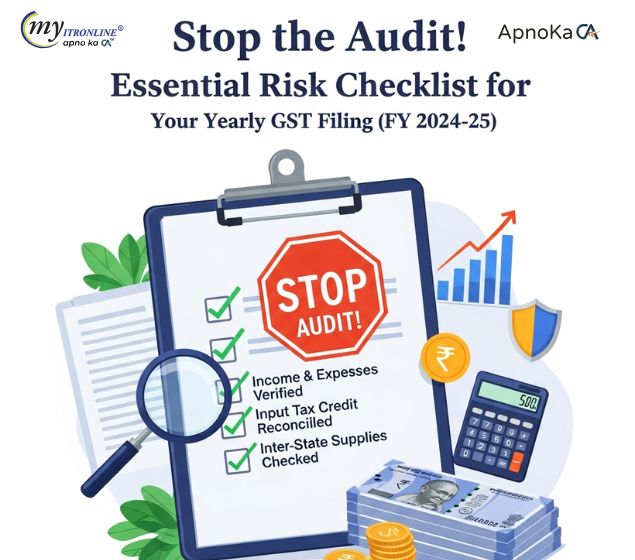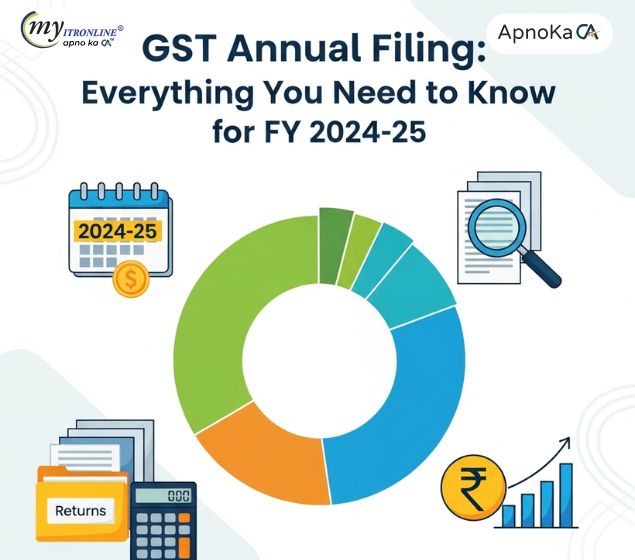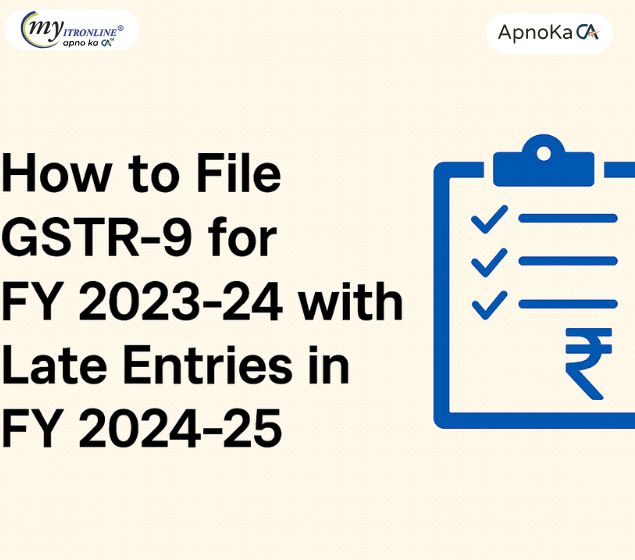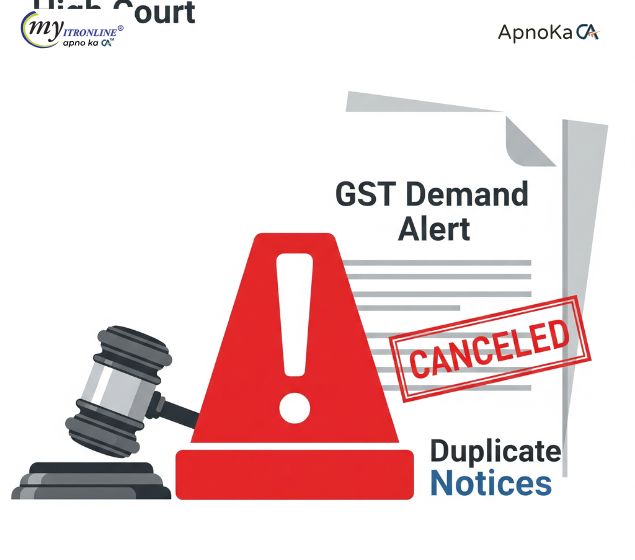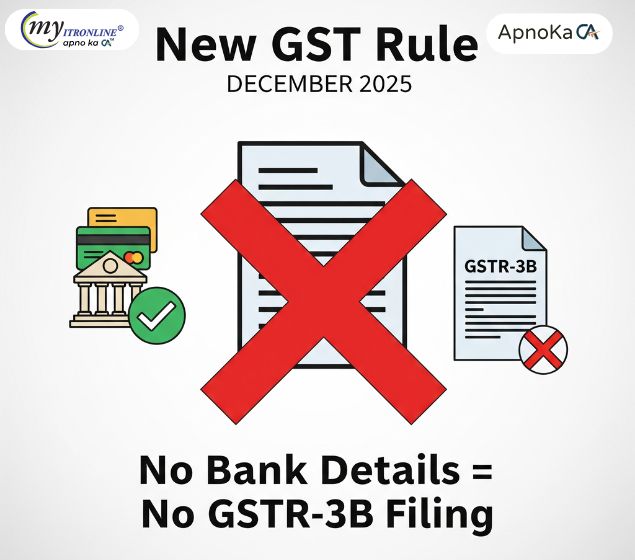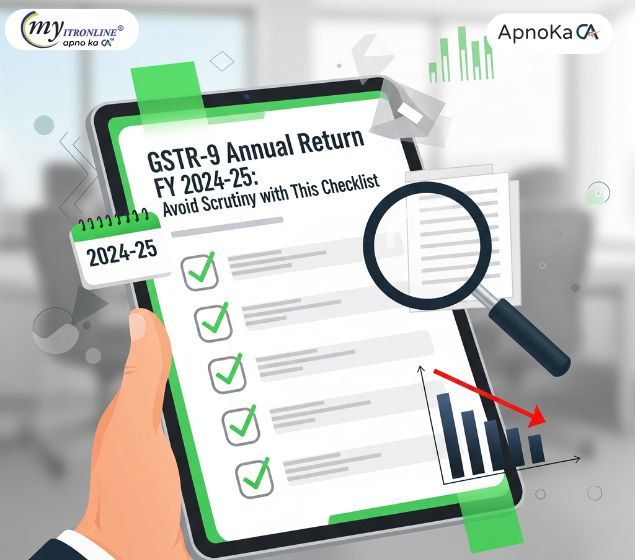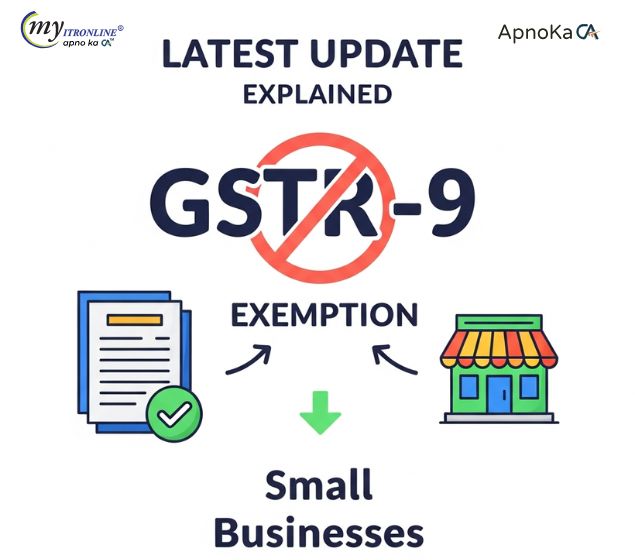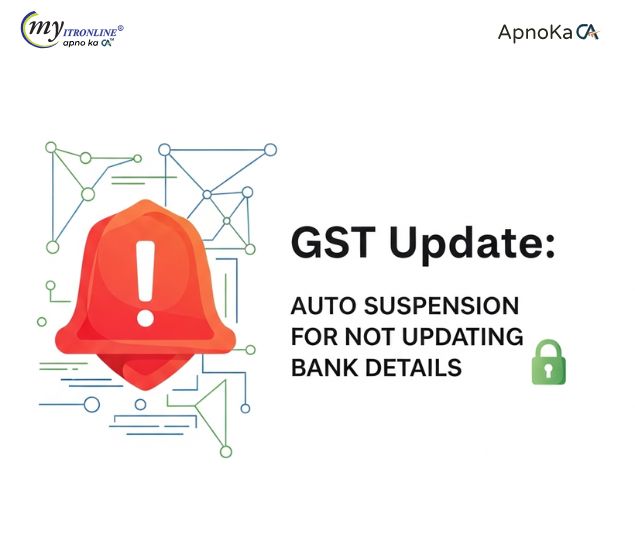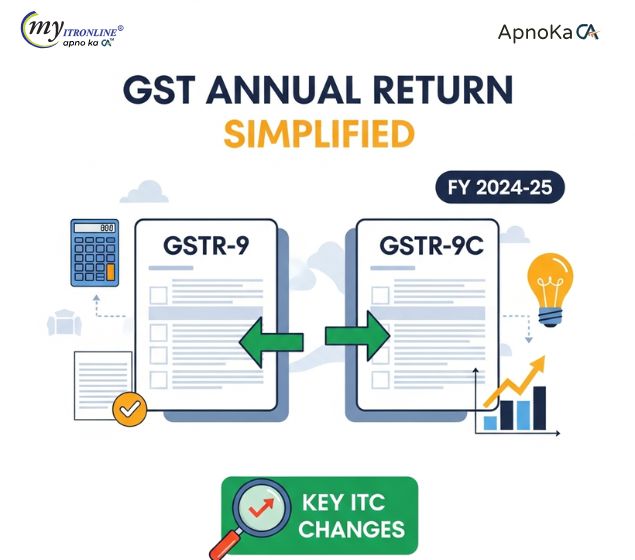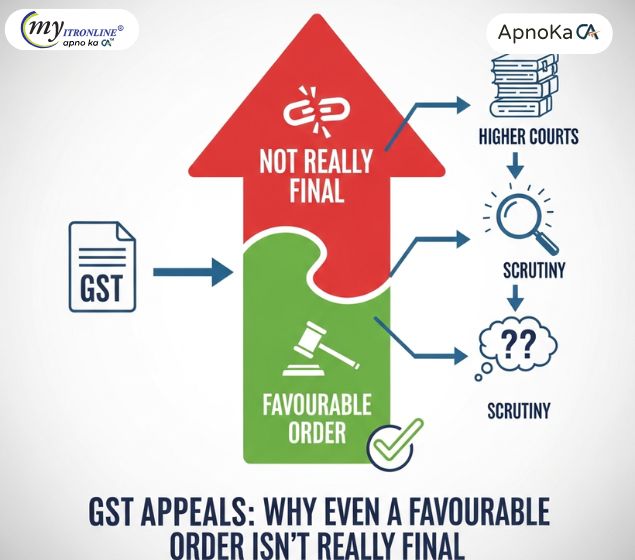Created on: 12/06/2025
Starting 5th December 2025, businesses registered under GST must update their bank account details within 30 days of registration or before filing GSTR-1/IFF, whichever is earlier. As per Rule 10A, failure to comply will result in automatic suspension of GST registration. The update process requires furnishing bank account number, IFSC code, and a cancelled cheque or bank statement via the GST portal. While OIDAR and NRTP taxpayers are exempt, OIDAR taxpayers with a representative in India must provide bank details. Timely compliance ensures uninterrupted GST registration and avoids cancellation proceedings.

